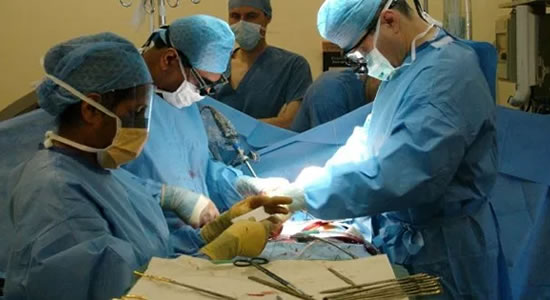New LED Streetlights May Double Cancer Risk-New Research
A new study has warned that Britain's new generation of street lights risk severe increase in the rate of breast and prostate cancer in people.
Scientists have advised officials to consider limiting the roll-out of LED (light-emitting diode) lights after an investigation indicated a “strong link” between the technology and the deadly disease.














